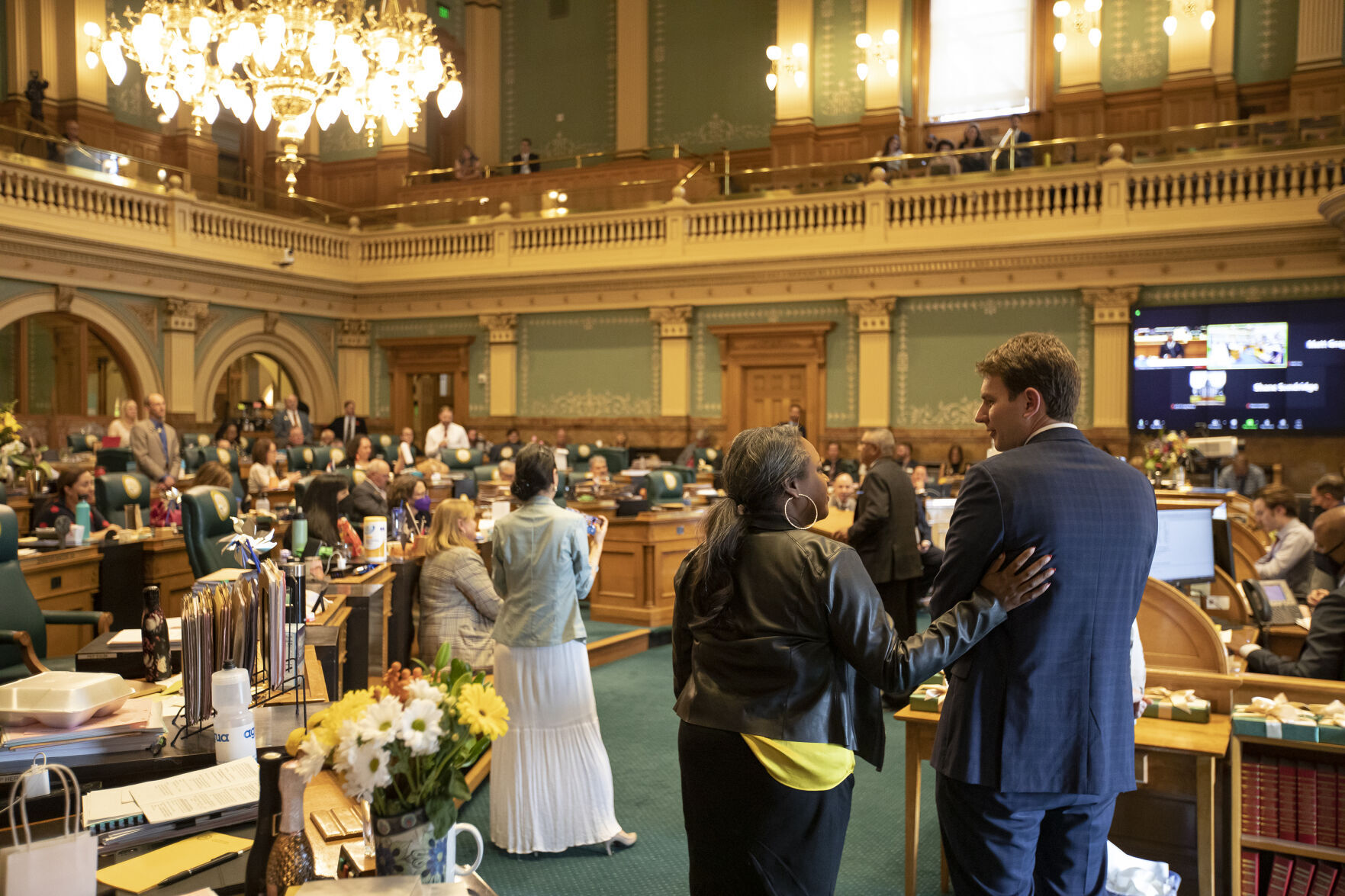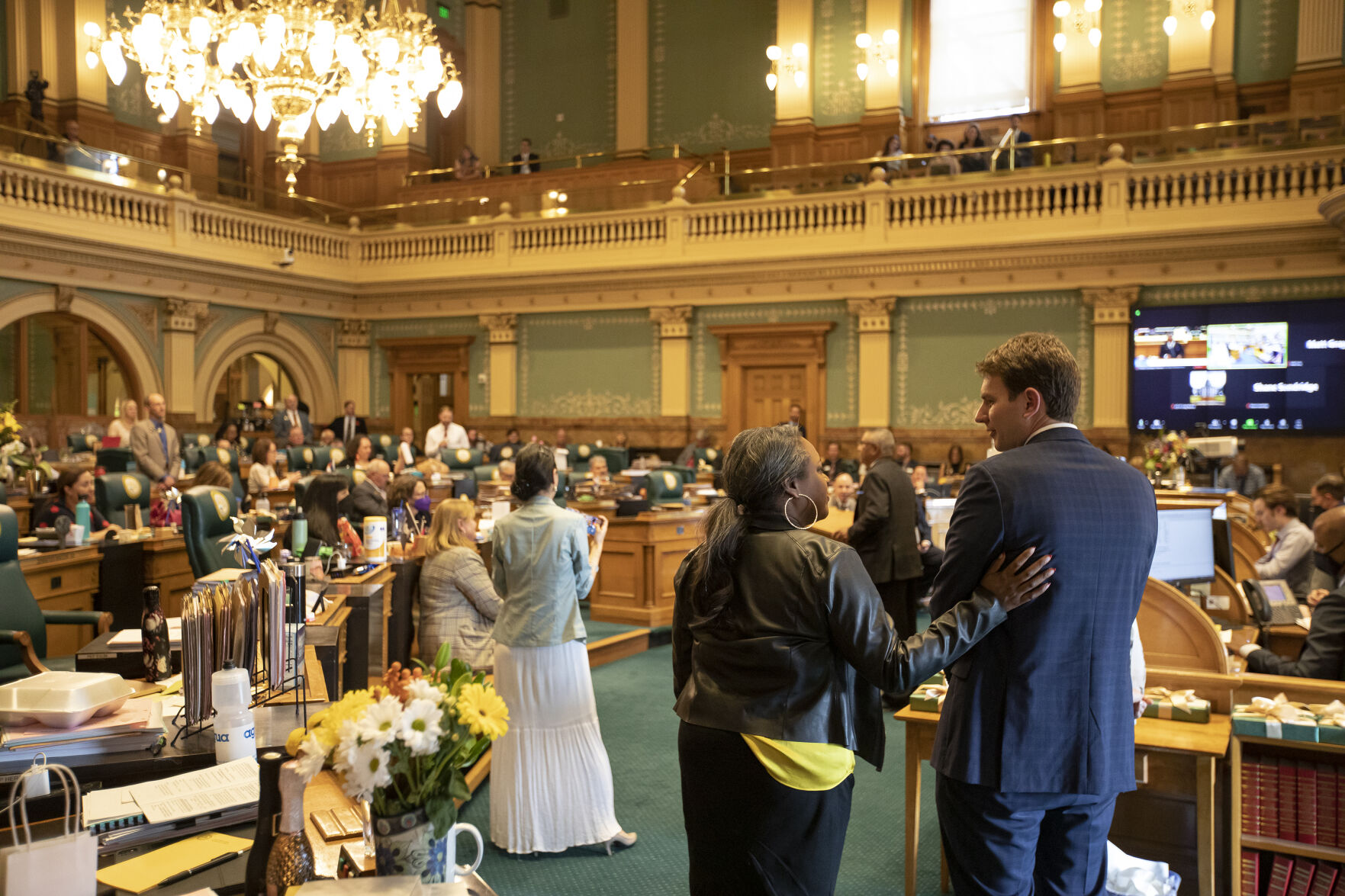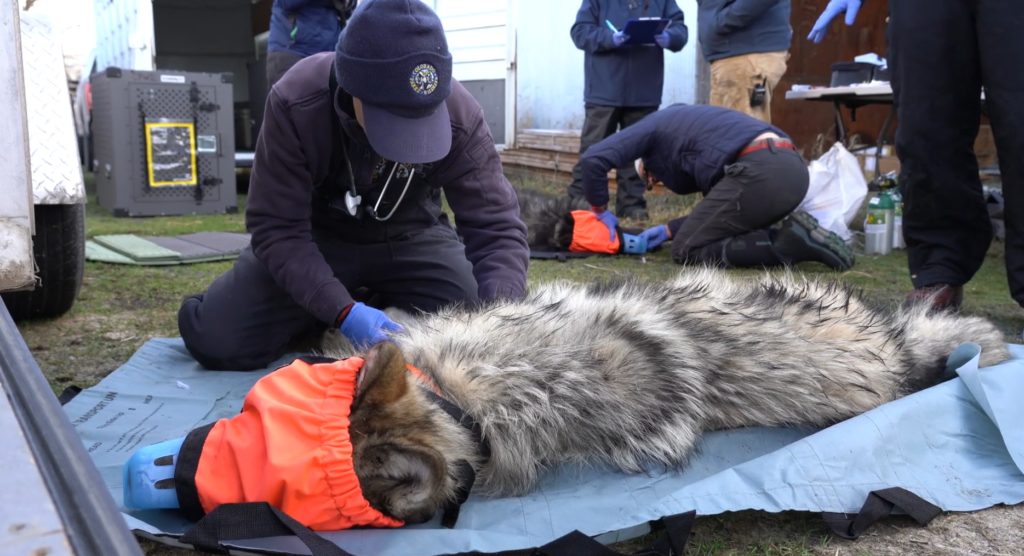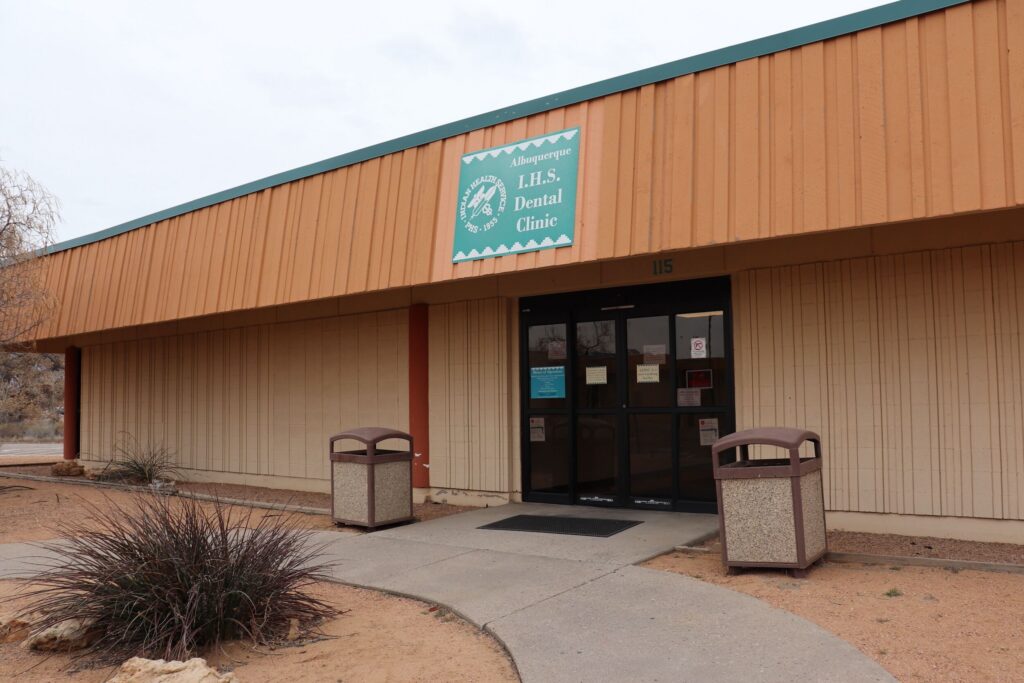2022 SESSION: Democrats secure legislative agenda – but not without hang-ups

Armed with the majority in the House and Senate, as well as the governor’s seat, the Colorado Democratic Party pulled off its legislative agenda this session – though not without some complications.
Democrats listed their 2022 policy priorities as saving Coloradans money, increasing public safety and boosting education, goals that they said constitute the core of dozens of successful bills. In addition, party leaders named several “hallmark” pieces of legislation as their greatest achievements, including measures to protect abortion access and increase felony charges for fentanyl possession.
“We saw those goals through to reality and we’re incredibly proud of all of those accomplishments,” said Senate President Steve Fenberg, D-Boulder. “Coloradans today and generations to come will have a better state because of all of that work.”
Democrats passed several bills offering Coloradans fiscal relief in the form of small cuts in costs, such as by lowering or stabilizing fees for vehicle registrations, gas taxes, drivers’ licenses, business filings and professional licenses. Larger savings are expected from a few other measures, such as House Bill 1304, which invests $178 million in building affordable housing; Senate Bill 238, which offers $700 million in property tax relief; and, House Bill 1359, which provides loans and credit for low-income families affected by the COVID-19 pandemic.
On public safety, Democratic legislators passed a $113 million policy package they said would make Colorado a national leader for safety in the next five years. The bills include Senate Bill 145, which funds $30.5 million in law enforcement grants; Senate Bill 5, which allocates $5 million to recruit and retain law enforcement; House Bill 1003, which spends $4.2 million on youth crime prevention; and, Senate Bill 1, which spends $10.3 million on improving high-crime neighborhoods to discourage crime and promote community.
The legislature also passed supplemental funding for the Department of Education and the Department of Higher Education, as well as numerous other measures on education access. The bills include implementing universal preschool, expanding in-state college tuition, increasing funding for special education and waiving tuition for some foster care students.
“This has been one of the most productive sessions that I have seen in my entire time at the Capitol,” said House Speaker Alec Garnett, D-Denver. “Our job as lawmakers is to govern our state responsibly, respond to the most pressing needs in our communities and deliver results for Colorado. And that’s exactly what we did this session.”
However, the session didn’t go completely smoothly for the majority. Scheduling issues in the House killed at least 19 bills, with the measures automatically dying when they weren’t voted on by the May 11 deadline. Some of these measures were Democrat-backed legislation to mitigate wildfires and prevent distracted driving. Over the entire session, lawmakers voted down 144 bills out of the 657 bills introduced, including Democratic efforts to ban the sale of flavored tobacco, prohibit employment discrimination for marijuana use and reduce single-occupant vehicle trips.
Other Democratic measures were weakened following hours-long filibusters and amendments from Republicans. Indeed, GOP leaders listed some of their biggest accomplishments as modifying Senate Bill 153, which seeks to increase internal election security measures; Senate Bill 230, which makes collective bargaining contracts optional for county employees; and, House Bill 1244, which regulates toxic air contaminants.














